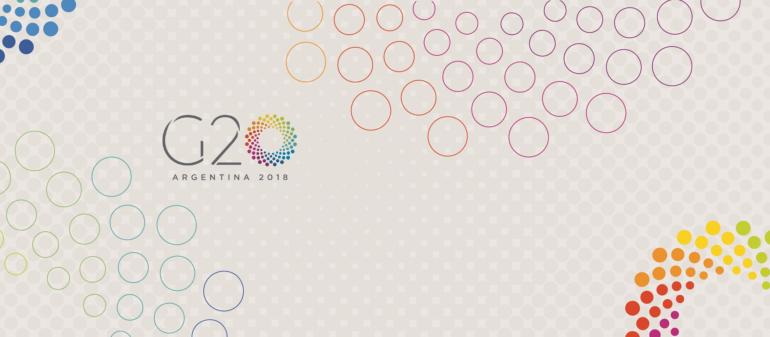Leaders from the G-20, the group of the 19 biggest economies in the world plus the European Union, met in Buenos Aires for the annual summit. The ending statement stressed the support for the Paris Agreement on fighting climate change – even though the United States withdrew from the accord.
The communique also called for reforming the World Trade Organization.
But all eyes were on the meeting between Chinese President Xi Jinping and U. S. President Donald Trump and the trade war. President Trump agreed to hold off on new tariffs and President Xi pledged to increase Chinese purchases of American products.
CGTN’s Joel Richards was following the G-20 summit and has the details from Buenos Aires.
Follow Joel Richards on Twitter @joel_richards
To discuss:
- Paula Garcia Tufro is the deputy director of the Adrienne Arsht Latin America Center at the Atlantic Council and a former member of the U.S. G-20 negotiating team.
- Dennis Wilder is the managing director at the Initiative for U.S.-China Dialogue on Global Issues at Georgetown University.
- Victor Gao is a Chinese international relations expert.
- Saruhan Hatipoglu is a global economics analyst for CGTN.
For more:
A U.S.-China trade truce is likely to slow a scramble by manufacturers to alter supply chains, but enthusiasm is tempered by sign that Trump and Xi didn’t bridge major differences https://t.co/gjU195uaRw
— The Wall Street Journal (@WSJ) December 2, 2018
Chinese President Xi Jinping and his U.S. counterpart Donald Trump held a "highly successful meeting" in Buenos Aires on Saturday, reaching important consensus and agreeing not to impose new additional tariffs https://t.co/9gwye2poFZ #Xiplomacy pic.twitter.com/eMm9nw5whN
— China Xinhua News (@XHNews) December 2, 2018
 CGTN America
CGTN America

